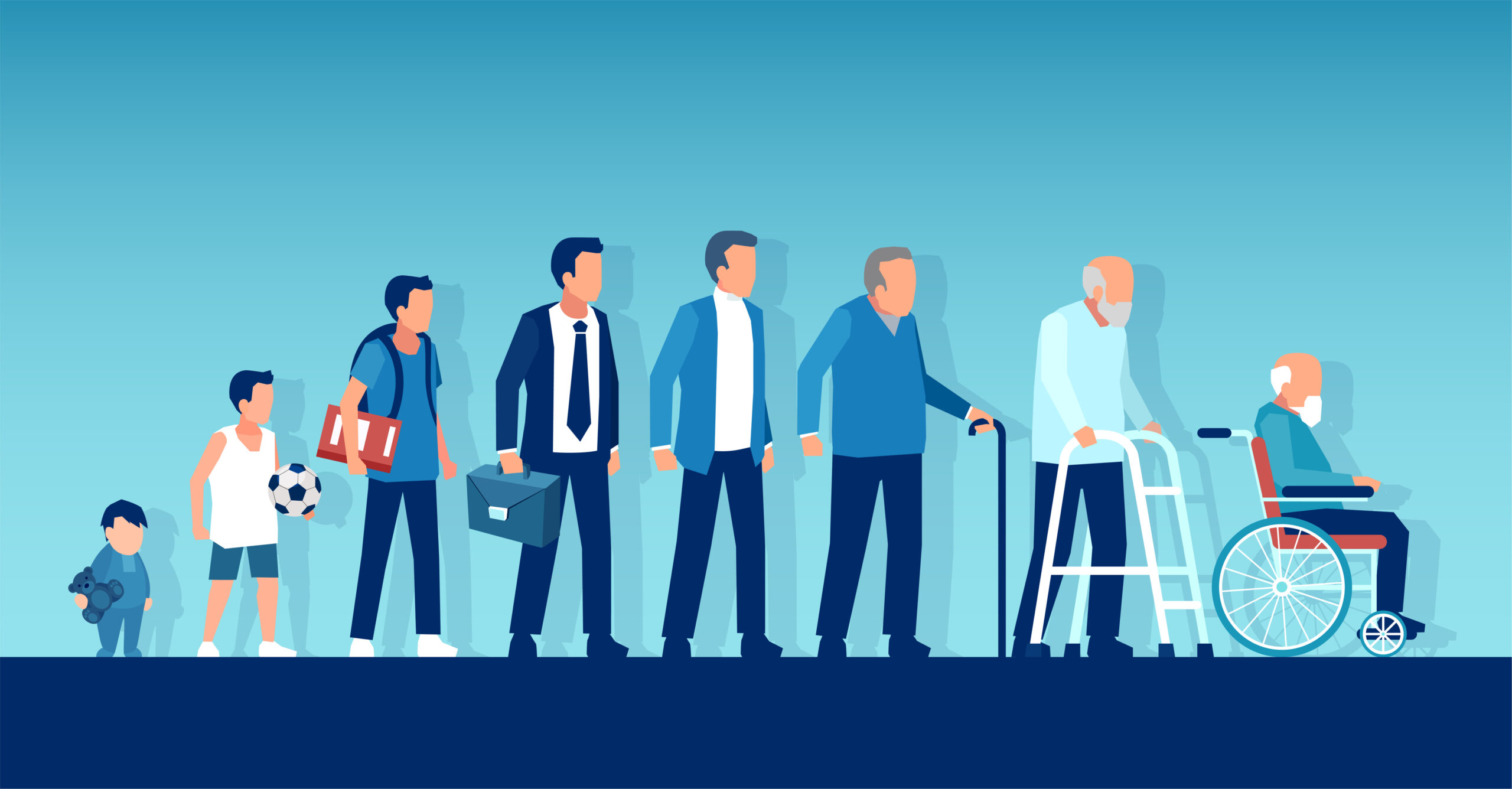With advances in medical treatment and nutrition, life expectancy has risen dramatically. According to the World Economic Forum, in 1900 the average life expectancy at birth was 32 years and by 2019, it had risen to 73. However, now that people are living longer, the shift in healthcare focus becomes how to help older adults age well and in good health, minimizing the years spent in poor health nearing the end of life. The key to increasing healthspan may well be to delay aging.
Not only is aging well a question of good quality of life for elderly adults, but the burden on health care systems will grow as an increasingly greater proportion of the population reaches old age. In wealthy countries, more people are living to an age where the rates of non-communicable diseases such as diabetes, cancer, heart disease, arthritis, and COPD are affecting their health and well-being.
Most children born in high-income countries today will live into their 90s and beyond. In France, a newborn has a 1 in 3 chance of reaching 90. But investment in improving healthspan as well as lifespan is not keeping up with the future realities of health care. By focusing more research and funding on delaying or reversing aging, the risk of developing many of the diseases associated with aging can be significantly reduced. Not only will elderly adults enjoy more years in good health, but healthcare spending can be significantly reduced.
According to recent studies, delaying aging by 2.2 years would save the United States $7 trillion over 50 years – targeting single health conditions would yield less due to competing risks. As scientists better understand the biology of aging, the potential for preserving health and delaying the onset of age-related diseases is immense.
Protecting health in very old age begins in the younger years and until science can effectively reverse aging, making lifestyle changes in middle age and beyond can help prevent chronic illness that negatively affects the quality of life for seniors. A healthy Mediterranean diet, regular exercise, strong social connections, stopping smoking, and limiting alcohol all support a delay in aging and a healthier old age.
Read more about anti-aging scientific research in the journal ScienceDirect, Trends in Biotechnology.






Add Your Voice
0 Comments
Join the Discussion